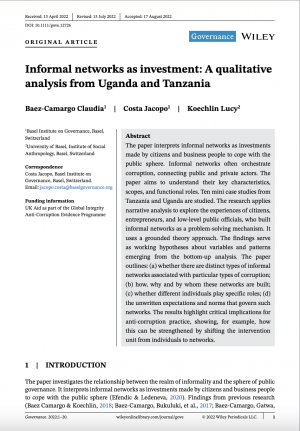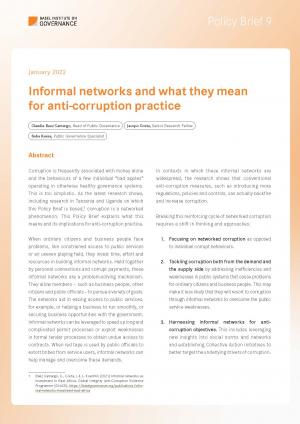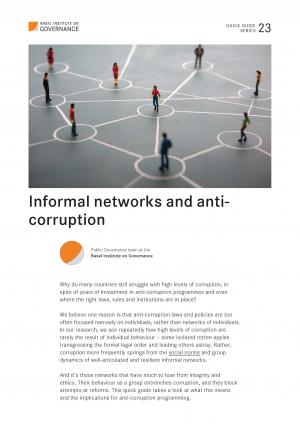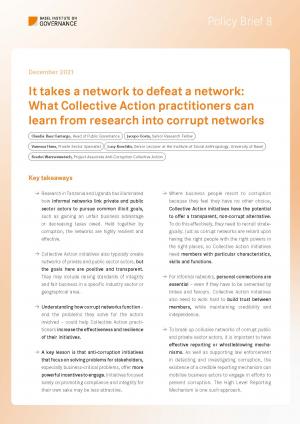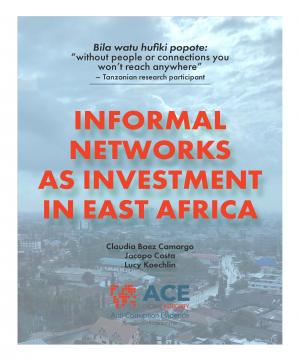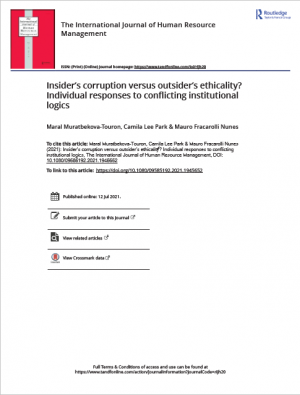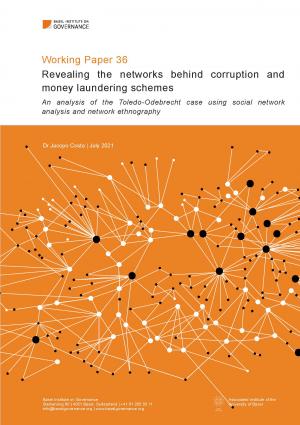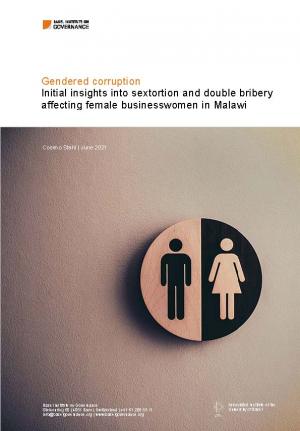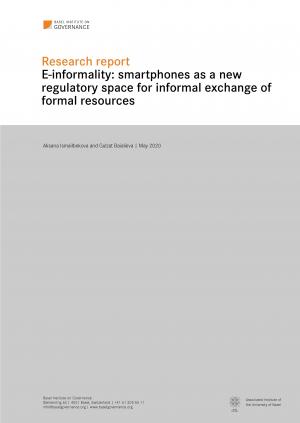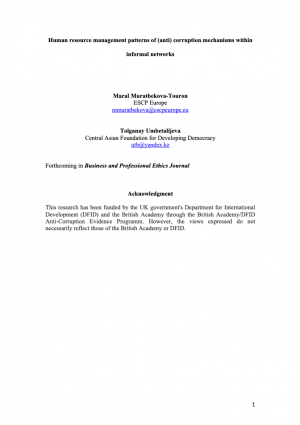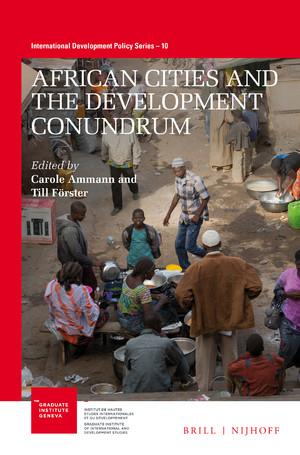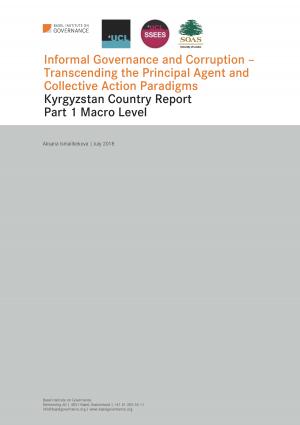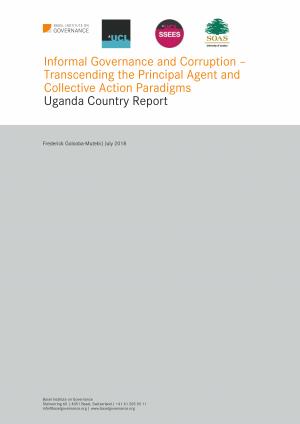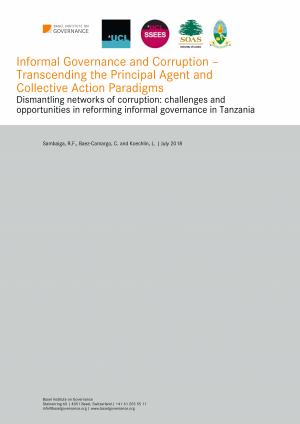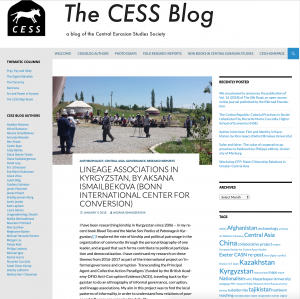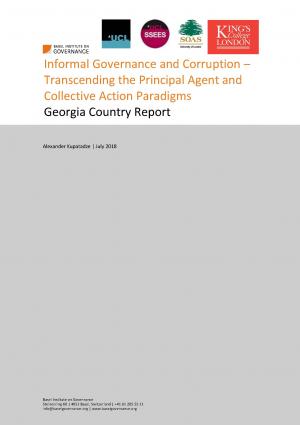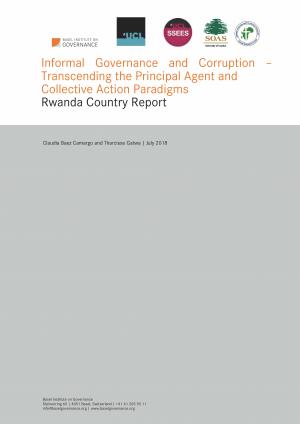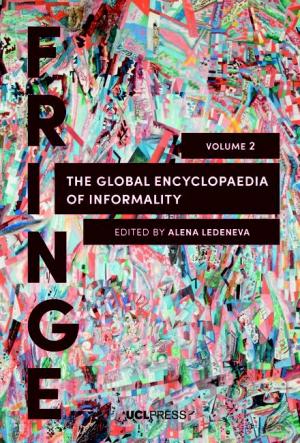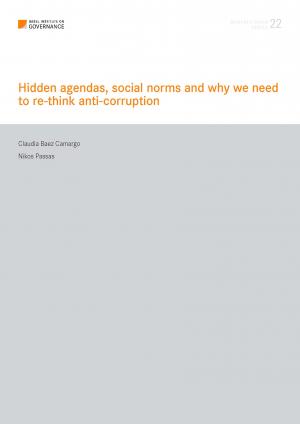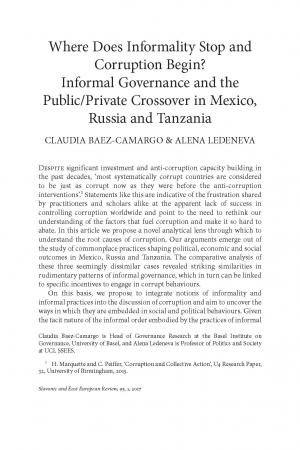Informal governance
Informal governance
Unwritten rules, special favours, “reaching an understanding”. Informality is what happens outside the formal, rules-based system - and the study of informality has big implications for the fight against corruption.
From 2016-2018, the Basel Institute on Governance, in partnership with University College London and SOAS researched informality and its relationship with corruption and governance. A multidisciplinary team of researchers explored how corruption really works in seven countries in East Africa and Eurasia.
Their findings shed light on why "conventional" anti-corruption
practices have been so unsuccessful to date, and on the kinds of
policies and interventions that could have a bigger impact in the fight
against corruption.
Dalies kontūras
-
-
-

About informality
What is informality? It is an umbrella term for the social and cultural complexity that comes on the way of top-down policies and reforms.
Through our comparative and ethnographic investigations, the project explores the existence of informal governance regimes, anchored on the resilience of informal practices, multiple moralities, legitimacy of the informal ways of getting things done and institutional arrangements that enable them.
-
About informal governance
Informal governance regimes are enacted by networks of actors at all levels. The practices of these networks are associated with high levels of corruption because they entail an informal redistribution of resources.
This research project looked at informality, and its relationship with governance and corruption, in seven countries in Africa and Eurasia:
- Georgia
- Kazakhstan
- Kenya
- Kyrgyzstan
- Rwanda
- Tanzania
- Uganda
It sought to understand how corruption works in practice, and to establish a framework for understanding informal governance and identifying patterns in which it operates.
The research found a number of key concepts that tend to recur in informal governance regimes. Watch the short video to learn more – or read on to learn more and access the research publications.
-
Country findings
The comparative analysis of the seven cases sheds light on common patterns and local variations in the exercise of informal governance. It also suggests why tensions within networks arise, thereby opening up opportunities for reform.
This research focused on seven countries, of which five – Kazakhstan, Kenya, Kyrgyzstan, Tanzania and Uganda are considered “challenging” cases, where high levels of corruption prevail in spite of having adopted adequate legal and institutional anti-corruption frameworks. The other two cases – Georgia and Rwanda – are considered examples of “success” in that they have achieved remarkable control of corruption outcomes.
Find out more about the research findings in our short video, or explore comparative patterns and insights from individual countries below.
-
Practical implications
How do we counter informal systems of governance that generate corruption but are essential to the ruling elites for staying in power?
The field of anti-corruption needs new and effective approaches. What can this research on informal governance tell us?
Insights into the workings of informal governance regimes suggest there are at least two things formal anti-corruption strategies don’t do: uncover hidden agendas and tackle the habits of corruption.
-
